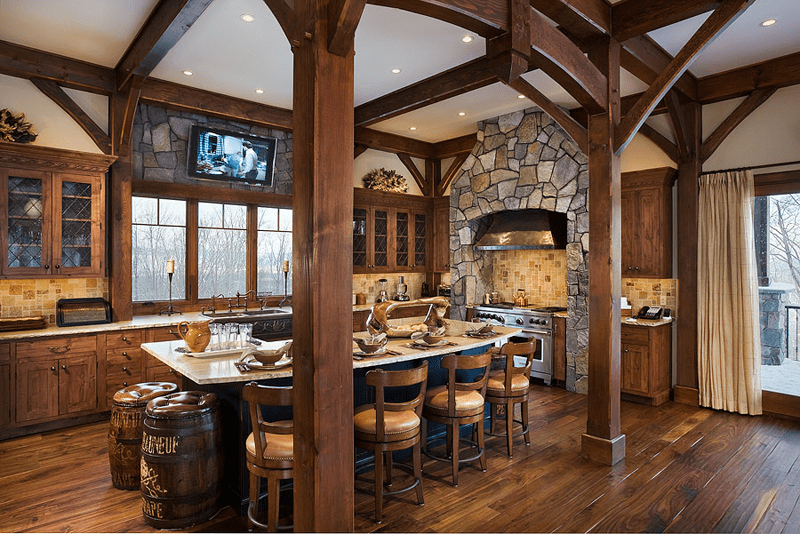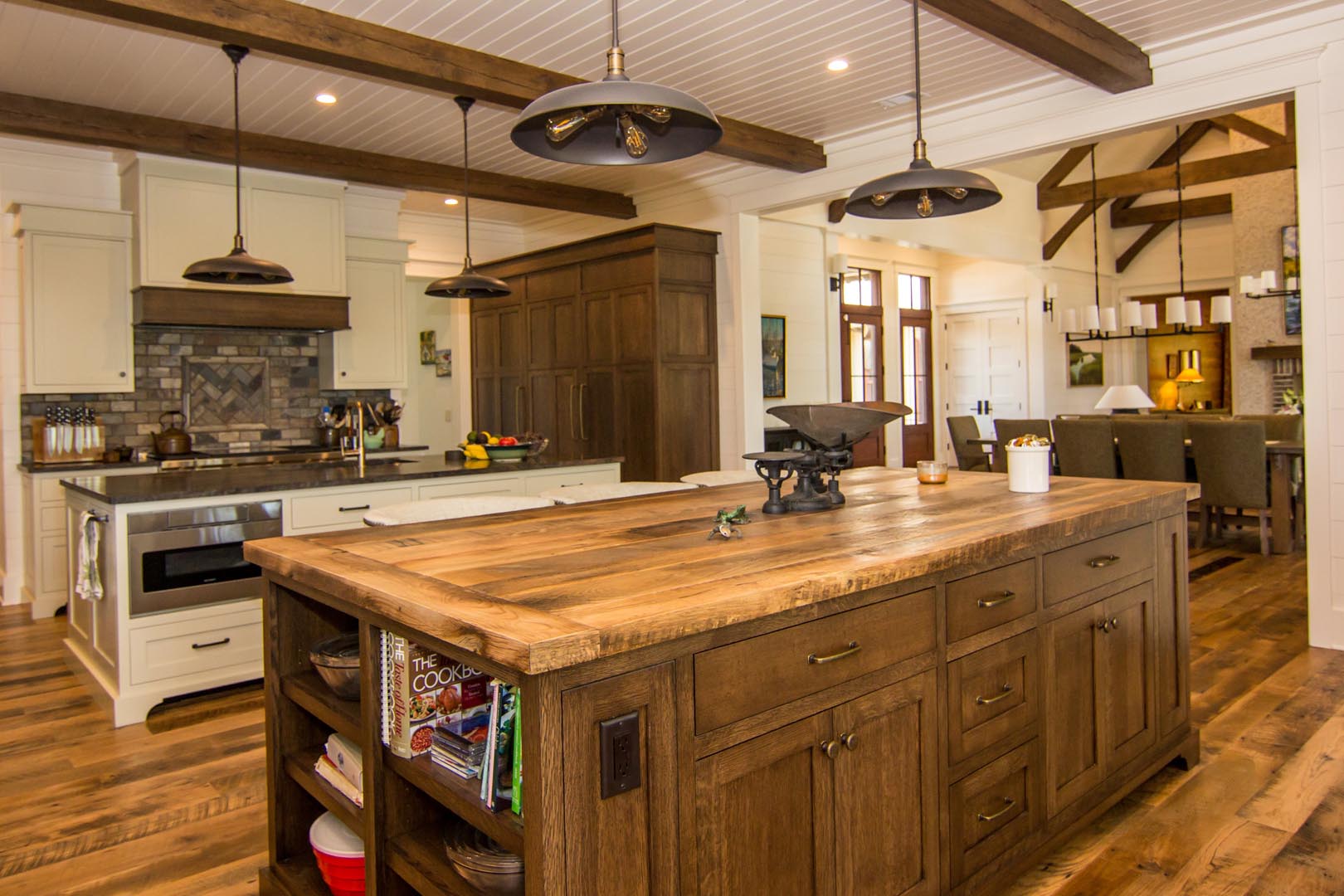Reclaimed materials are the secret ingredient to achieving a timber frame home with inimitable style.
Reclaimed materials are a hot commodity and bring clever design to any custom home, from grand lodges to sophisticated timber frame cabins. In this post, we’ll uncover the what, why, and how behind these one-of-a-kind products.
What are Reclaimed Materials?
Is it reclaimed? Recycled? Or salvaged? Each of these eco-friendly terms refers to reused materials, but there are differences (as well as some overlaps) in the sourcing and processing between each.
Reclaimed
Reclaimed materials are recovered from old buildings and structures and repurposed with minimal processing. Reclaimed wood can come from a variety of places: old barns, industrial buildings, old infrastructure, ships — even gym bleachers!
Salvaged
Salvaged materials are recovered as a “new” by-product from another process. Think timber from an old orchard or even urban trees slated for removal.
Recycled
Recycled products are new products made from the by-product of a waste stream. For instance, oriented strand board (OSB) used for structural insulated panels (SIPS) is made from wood chips.
Reclaimed materials in timber frame cabins include:
- Wood
- Brick
- Stone
- Metal
- Decorative glass
And they can appear in a variety of places. Get creative with:
- Accent walls
- Ceilings
- Flooring
- Mantels
- Posts
- Beams
- Stair treads
- Counters
- Lighting fixtures
- Sinks
- Furniture
Why Use Reclaimed Materials?
Sustainability
Building materials originate from natural resources, and every construction project incurs waste. The EPA estimates that, in one year alone (2018), construction and demolition generated 600 million tons of debris. Using reclaimed materials helps divert waste and reduces demand for dwindling reservoirs of new resources.
History and Beauty
Rich patinas, weather, and unique imperfections are the chronicles of a material’s backstory. These charismatic features bring personality to a design, complementing the inherent heritage of a timber frame and their long history of tradition.
Durability
Materials with a history carry something else: time-tested durability. Reliable and hardy, reclaimed materials have a track record of proven performance.
Are Reclaimed Materials Safe and Reliable?
Reclaimed material must be assessed to ensure suitability for its intended new use. Vintage materials may contain asbestos or lead paint. Wood may contain nails, require pest treatment, and should be vetted for structural integrity. Woodhouse will work with you to determine reputable sources that offer the safest, most optimal way to incorporate reclaimed materials into your home.
Using reclaimed timbers as part of the structural elements of your home can be expensive (often three times the cost of new), and it’s worth noting that the rough textures can be difficult to clean. As a cost-saving alternative, Woodhouse offers the ability to treat new timbers using one of three methods — roughsawn, wirebrushed or handhewn with an adze — to achieve the rich character of reclaimed wood without the expense or hassle.
Your Project’s Story
Using reclaimed materials is more than design. It honors the past, reduces waste, and unlocks a dashing, one-of-a-kind timber frame cabin. Reach out today and see how we can bring your ideas to life.
Meet Woodhouse’s Experts
This post was reviewed by Dwayne Shell. Dwayne is the Director of Sales and Marketing at Woodhouse, The Timber Frame Company, with over 30 years of experience in conventional and manufactured home sales.







